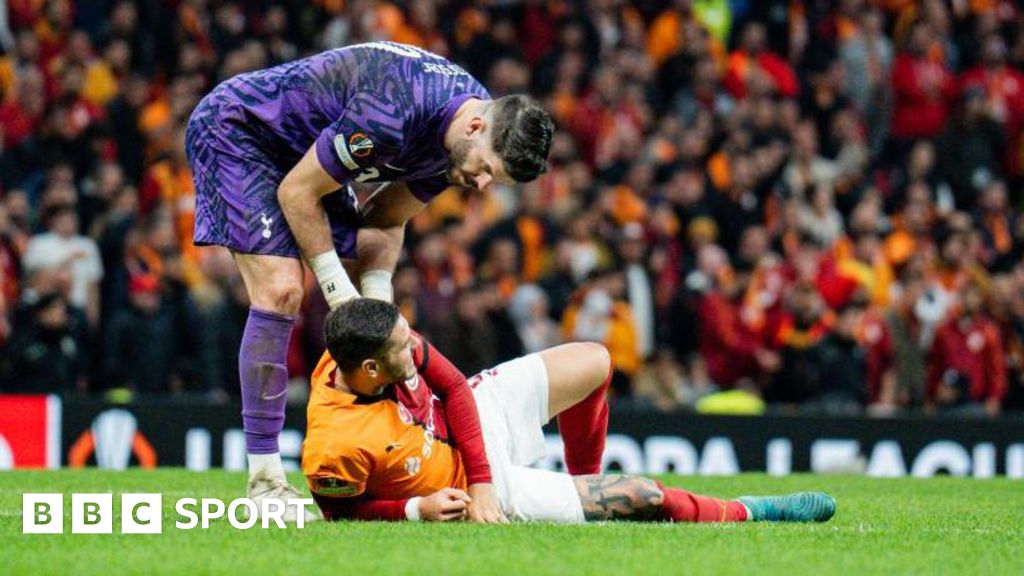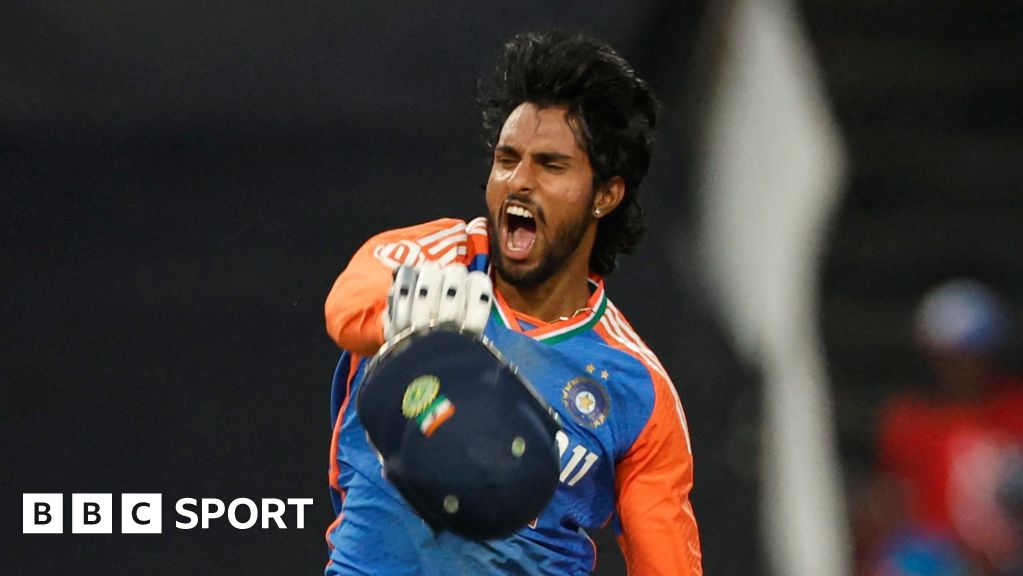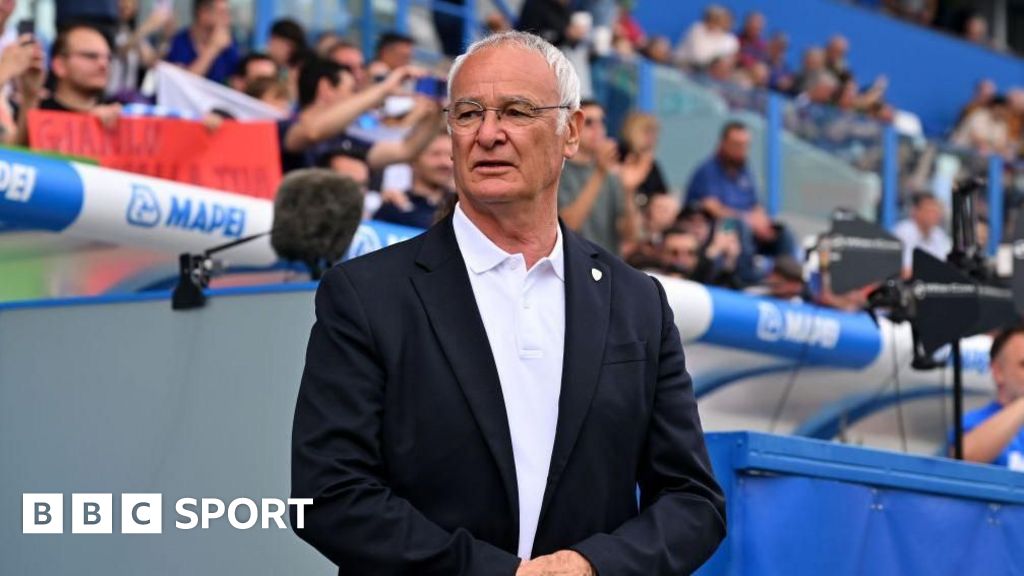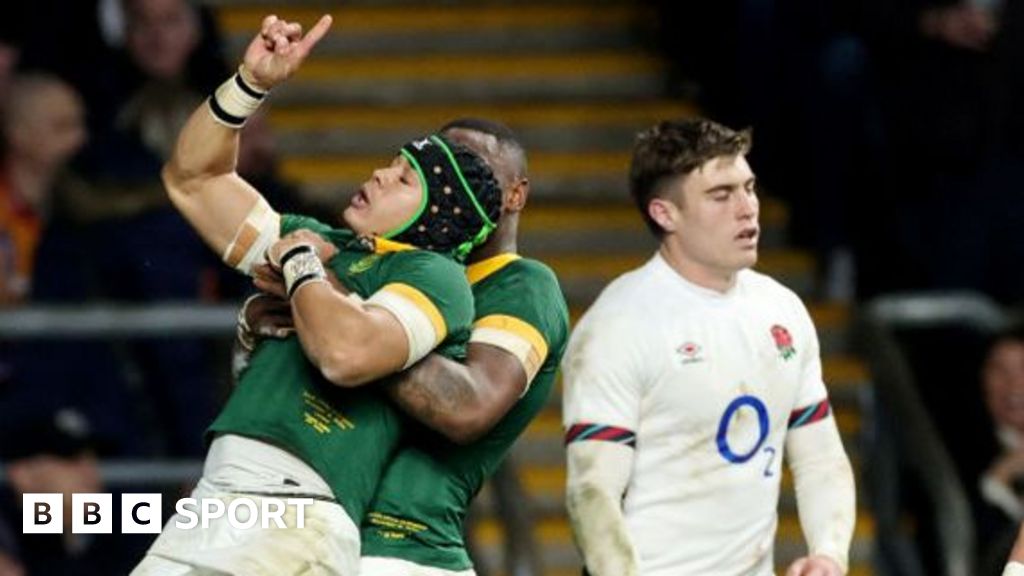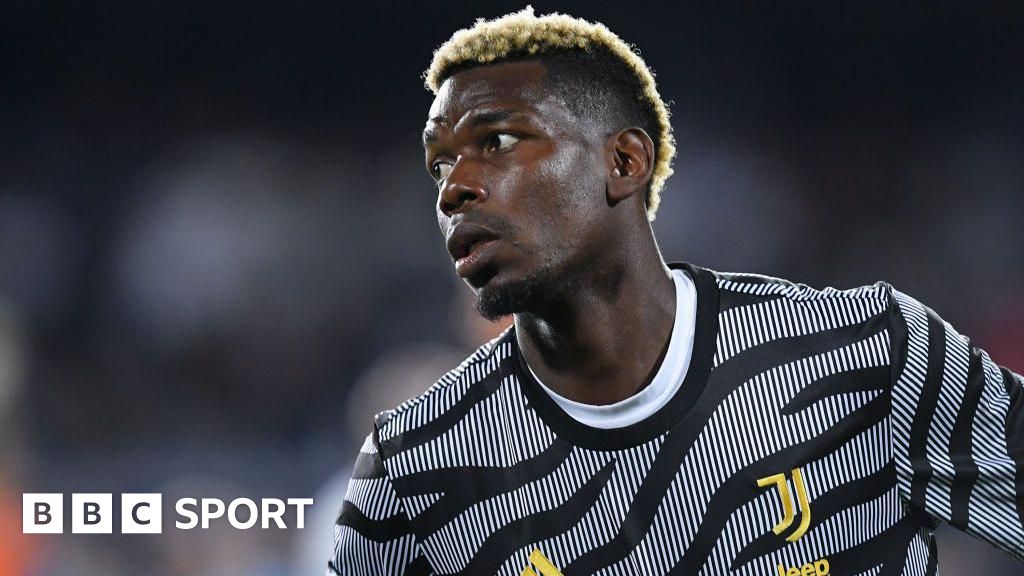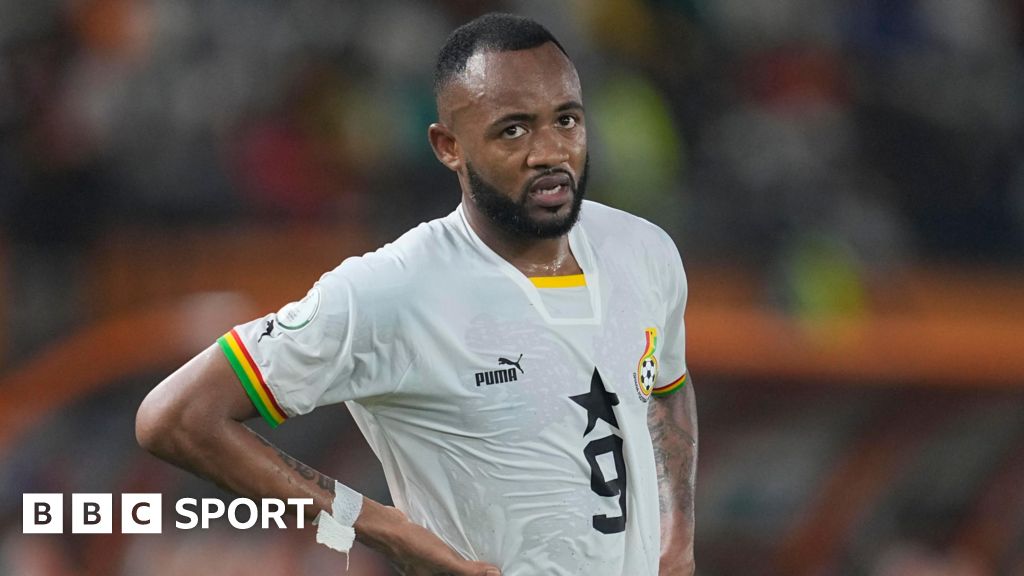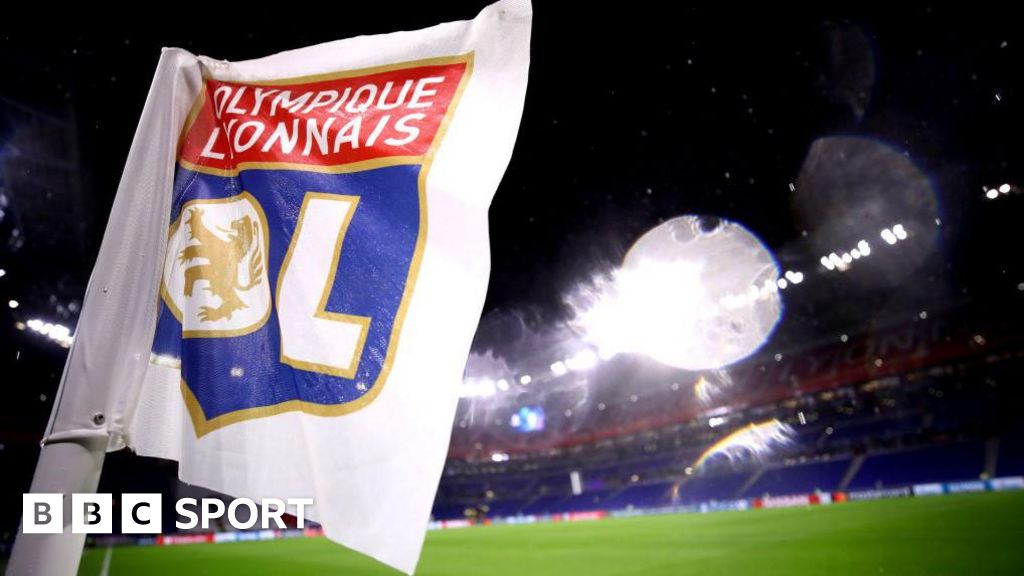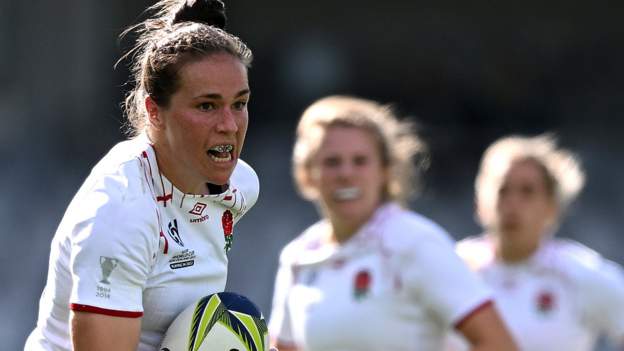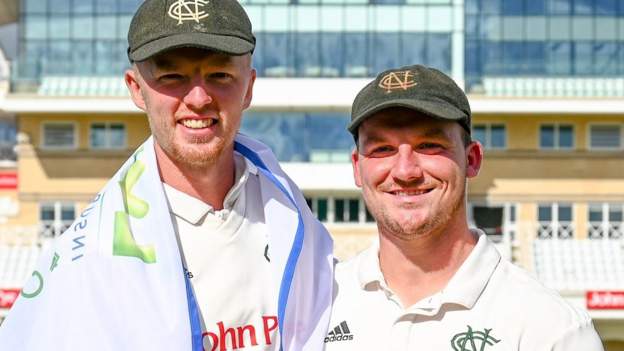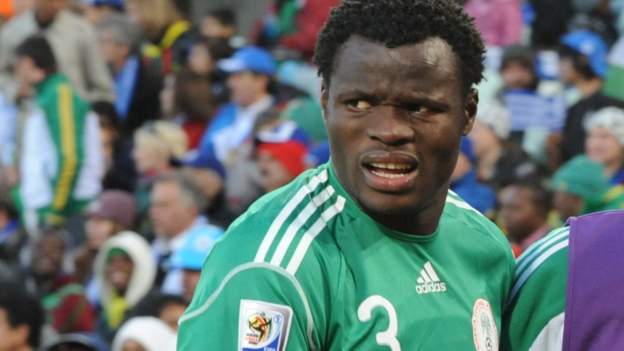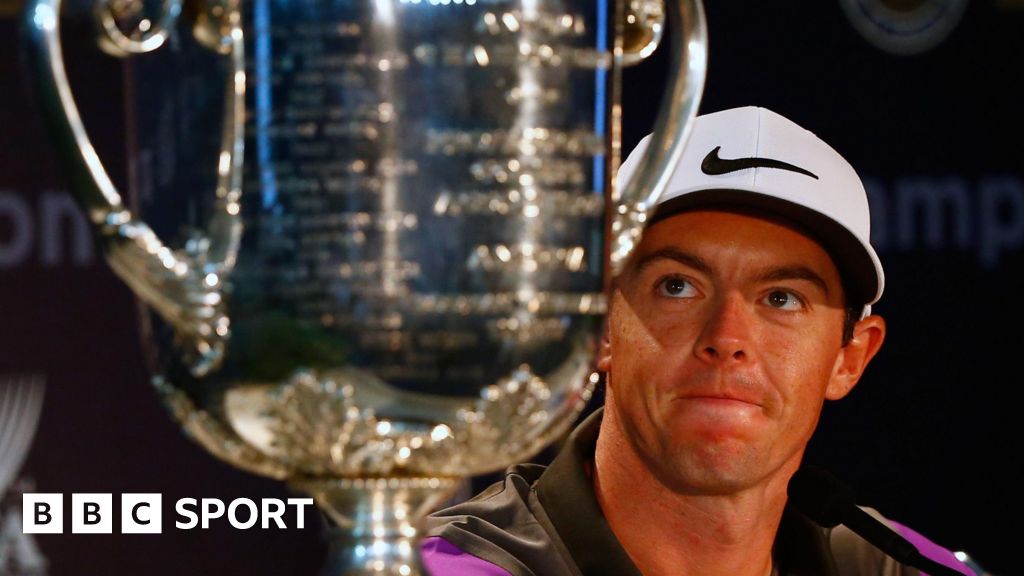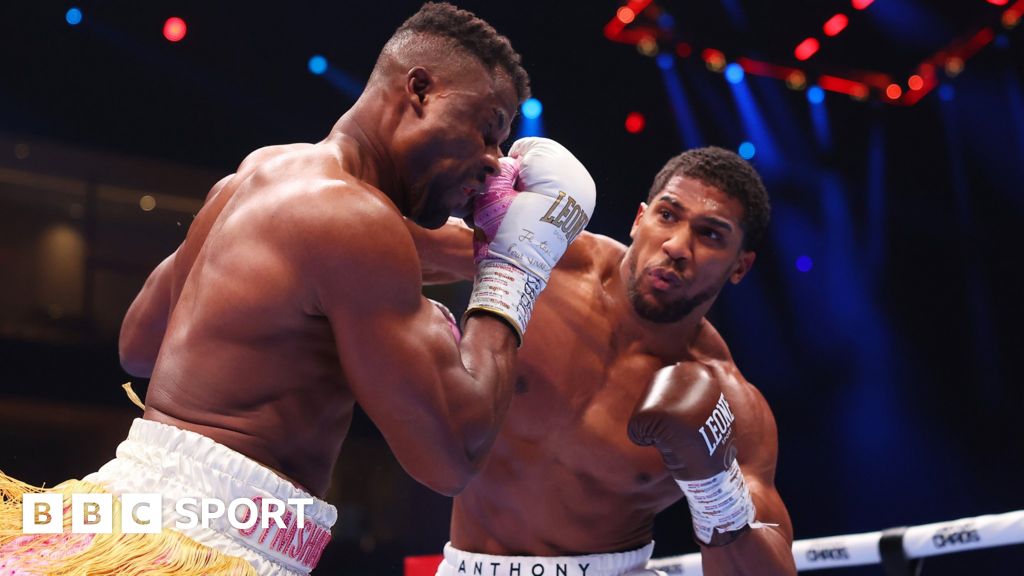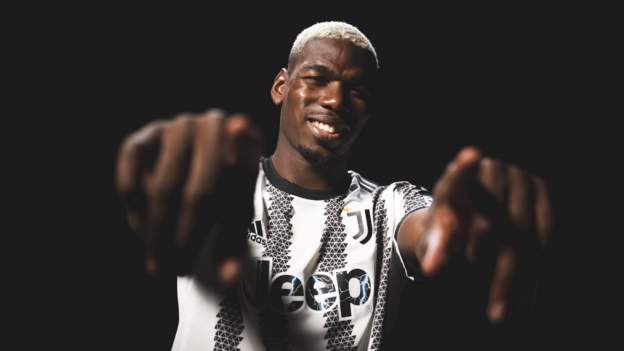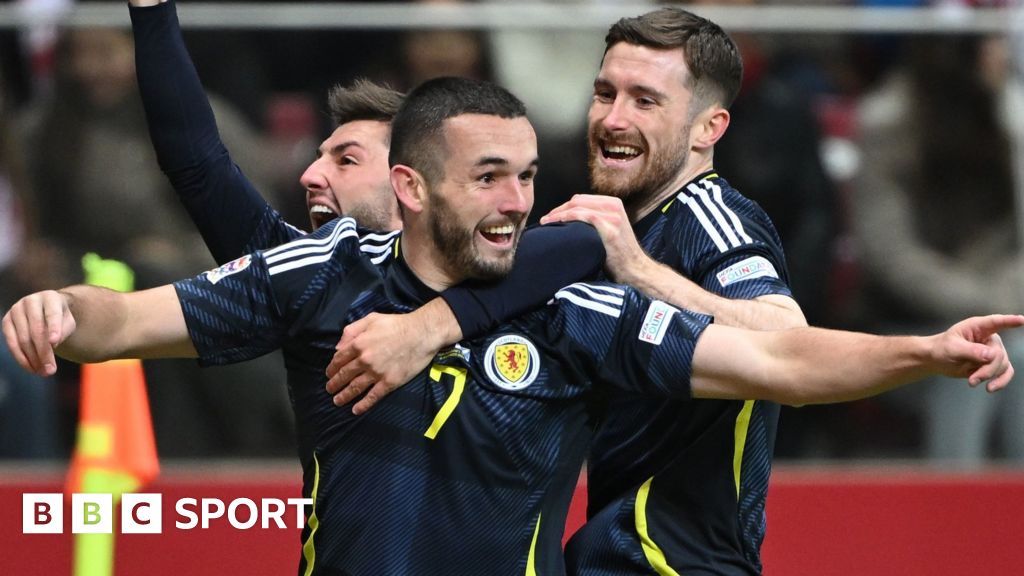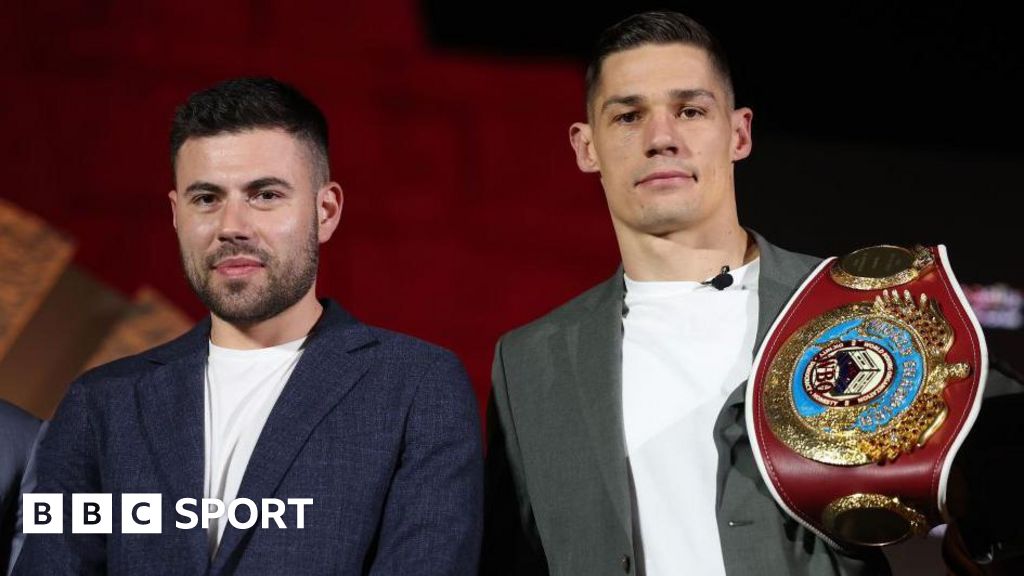| Venue: Eden Park, Auckland Date: Saturday, 12 November Kick-off: 06:30 GMT |
| Coverage: Listen on BBC Radio 5 Live; follow live text commentary on the BBC Sport website and app; watch live on ITV |
In all that has changed during the 12 years between England centre Emily Scarratt’s first World Cup final and her fourth, one thing has remained steady – her desperate desire to win it.
That ambition has only been realised once, in 2014, and on Saturday she will hope to claim a second world title by beating New Zealand in the decider for the first time.
Scarratt has lost to the Black Ferns twice in World Cup finals.
From the first defeat in 2010, past the second in 2017 and on to the attempt on Saturday, the landscape of women’s rugby has changed dramatically.
Scarratt still has her 2010 final shirt, special because in all other matches players had to give them back because of the lack of kit funding.
That match was played just four days after England’s semi-final in front of more than 13,000 fans at Twickenham Stoop, near enough to the home of English rugby.
Saturday’s encounter takes the now fully professional Red Roses to Eden Park, the beating heart of New Zealand’s game, with the 40,000-capacity stadium sold out.
For many, Scarratt is the face of those developments in the women’s game. But take all the frills away and it is clear what matters most to the 32-year-old.
“We’d play on a park out the back if it meant we came away with what we’ve come here for,” she told Rugby Union Daily.
‘I never wanted to feel like 2010 again’
Scarratt’s first World Cup cut was the deepest.
She was 20 in 2010 and had made her debut for England two years before what she now describes as “the first heartbreak”.
For the third World Cup in a row, England played New Zealand in the final and lost – this time it was 13-10.
“I was fresh out the packet and I was just happy to be there,” she says.
“I probably hadn’t done all the work I needed to do – I didn’t know at the time. That was my one where I never wanted to feel like that again.”
Four years later, Scarratt had her breakthrough moment in the sport, setting her on a course to become the figurehead she now is.
Having kicked three penalties for England, Scarratt scored a late try and converted it to put her side firmly out of Canada’s reach at 21-9.
What came after was “a whole new world”.
There was fanfare at Twickenham and media requests aplenty, including a photo opportunity with Harry Potter actor Daniel Radcliffe after players appeared alongside him on The One Show.
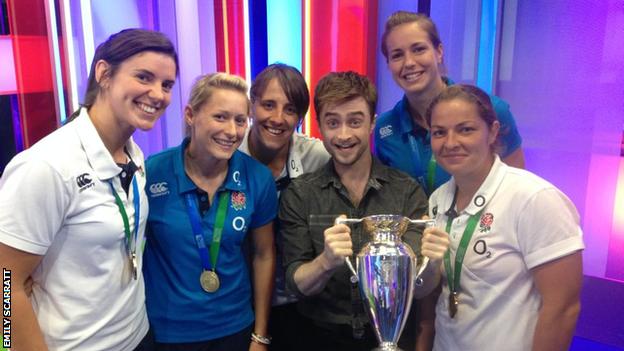
Following the 2014 win, Scarratt moved to sevens and led Team GB to fourth place at the Rio Olympics.
She returned to XVs in time for the 2017 World Cup.
England were in control at half-time in the final, but New Zealand bounced back in Belfast and brought a different game after the break to win 41-32.
“I think 2017 is a big one in terms of how much we were able to learn from that,” Scarratt explained.
“The real test of how much we learn from it will be next weekend. It was a really tough one to take.
“It was one we could never get a grasp of. We weren’t the best team on the day, we didn’t deserve to win it but we’ve got to try and find a way to be the best team on the day.”
England seek to break Black Ferns curse
England’s World Cup final history with New Zealand goes all the way back to 2002.
Throughout Scarratt’s time as a Red Roses player, the side has enjoyed victories against the Black Ferns – but never at the right time.
It happened in 2009 – England beat New Zealand at Twickenham, then lost the World Cup final the following year.
In June 2017, England travelled to New Zealand and won – but lost the World Cup final two months later.
England claimed two record wins against New Zealand in November 2021.
Should they at last turn their finals fortunes around, the noise at home will be even louder than 2014 with a Lionesses-style Trafalgar Square celebration expected.
None of that matters to Scarratt. She has played three World Cup finals, won one and is simply looking to “even that ratio up”.
“We always seem to beat them in the years in between the World Cups rather than the big one,” she says.
“I’d be lying if I said it wasn’t a huge driving force. Never having achieved that in the biggest game is a hard one to take, having been in two of them and lost both of them.
“Ultimately when you get to this point, you just want to win a World Cup. You don’t really care who’s in front of you. You don’t really care where it is.”



